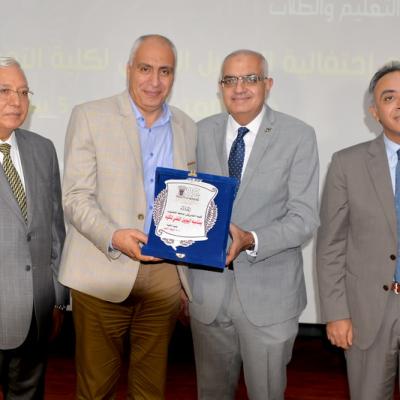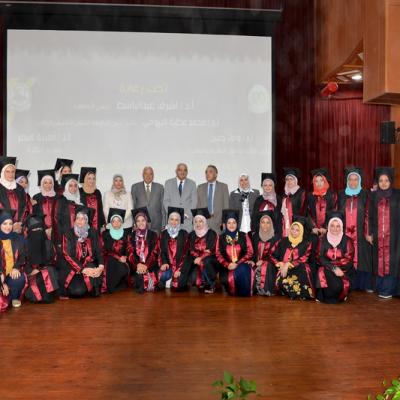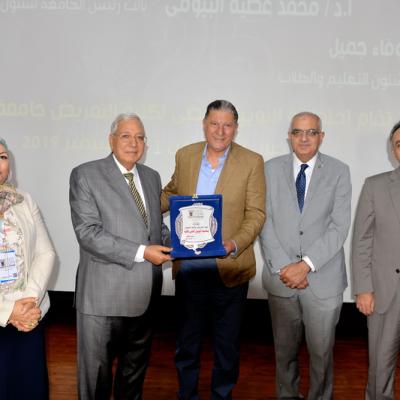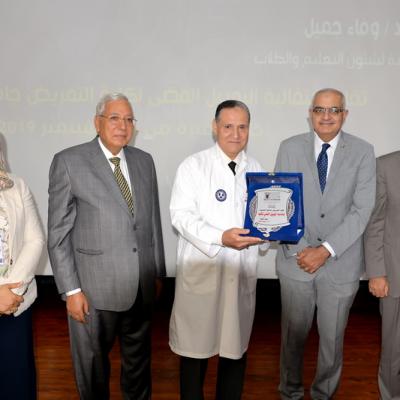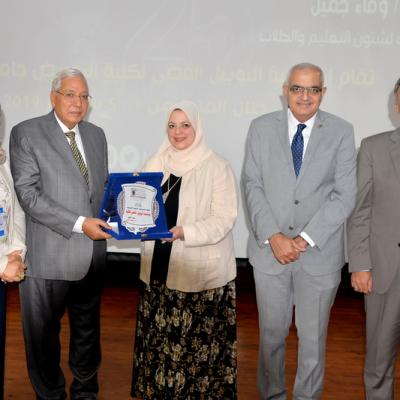Assoc. Prof. Hazem Ramadan, associate professor in the Department of Common Diseases at the Faculty of Veterinary Medicine - Mansoura University, and a researcher at the American National Center for Poultry Research of the US Department of Agriculture (USDA-ARS)
- with members of the Egyptian-American research team extracted super-resistant bacteria for antibiotics in Egyptian dogs, known as Escherichia coli "E-coli" bacteria, which share some genetic properties with their discoveries in humans. This type of bacteria shares some genetic properties with its discoveries in humans in Egypt, which represents a risk Large public health.
Research Point has shown that the potential for transmission of disease infection to humans through direct and indirect mixing with pets increases. The risk increases if these move from bacteria that are resistant to antibiotics and represent a risk to public health.
The research team published the results of their study in the journal “Public Health and Zoonoses”. They are able to determine the complete genome of these bacteria, which is isolated from samples taken from both humans and dogs in Egypt. They are succeeding in determining the genetic link for these isolates.
During the period from December 2015 to August 2016, the team collected 235 human samples (urine sample) and 332 dogs from Mansoura city. The researchers extract from these samples 170 bacterial isolates by traditional methods of bacterial cultivation, and it turned out that 165 of them are known as E-coli.
Samples were analyzed in the laboratories of the American National Center for Poultry Research based on the research cooperation agreement between Mansoura University and the US Department of Agriculture. The team was found from preliminary results and by testing the sensitivity of these isolates to 24 antibiotics, that all 165 isolates were resistant to third-generation antibiotics of cephalosporins. In addition, the drug of "Cefotaxime" is sort as the top one resistant to antibiotics. They showed at least resistance to three antibiotics belonging to different drug groups.
Dr. Hazem Ramadan indicates that the most dangerous finding of the study is that 9 isolates (2 humans and 7 dogs) are resistant to a class of antigens called carbapenem. One of two antibiotics defenses in humankind against bacteria that are highly resistant to antibiotics, especially negative. Grams, while the other is called "colistin", are known among specialists as a last resort.
 English
English  اللغة العربية
اللغة العربية 


